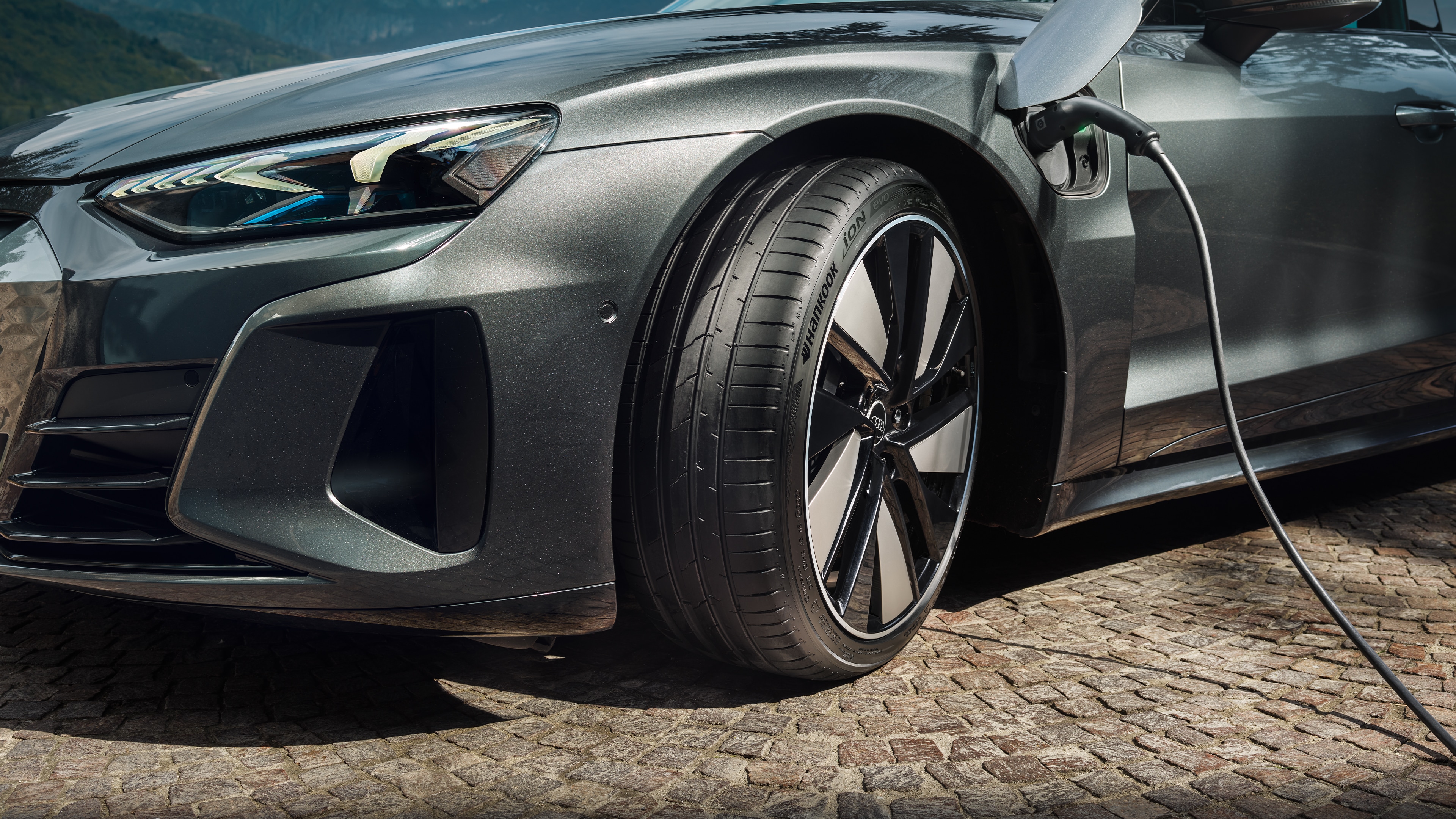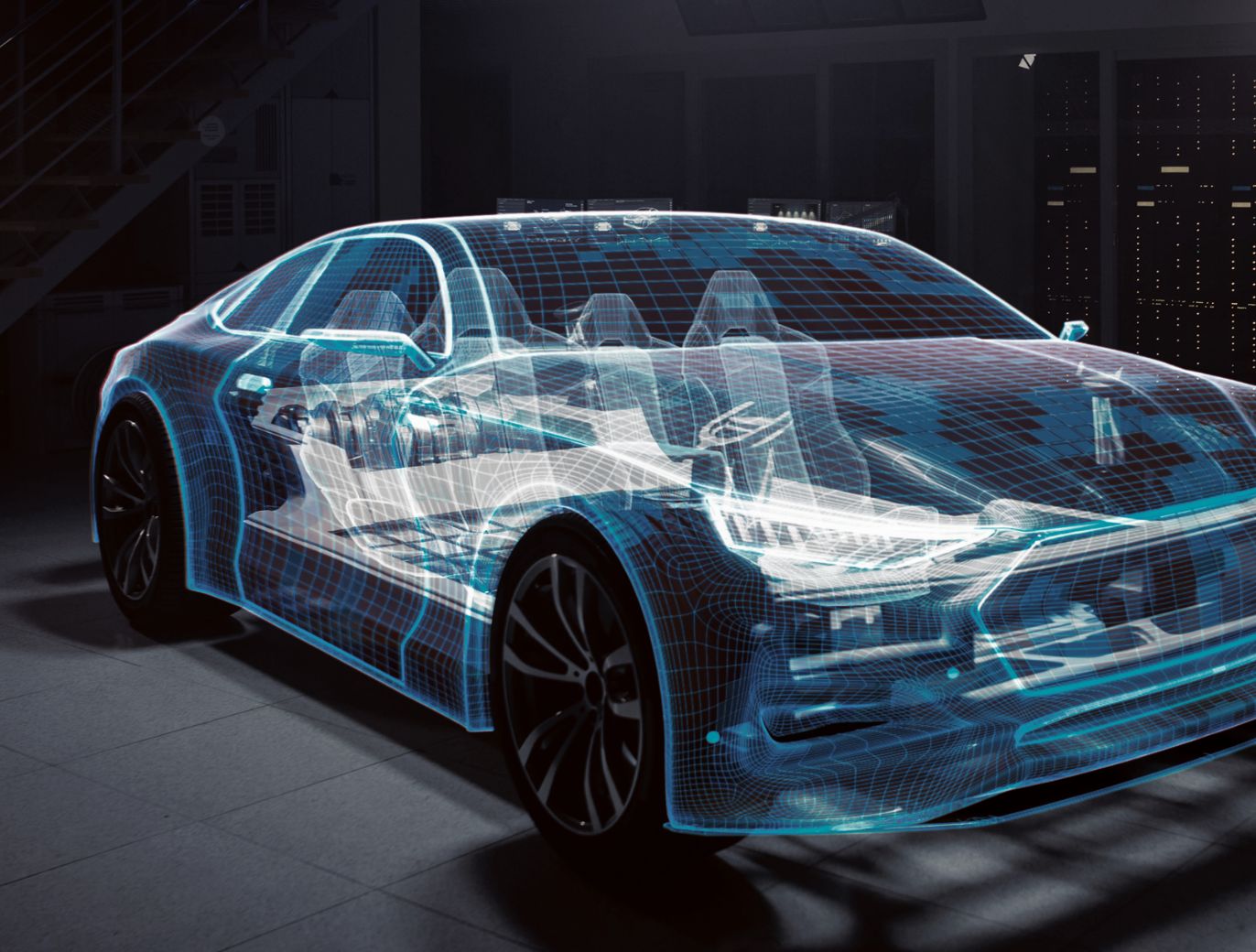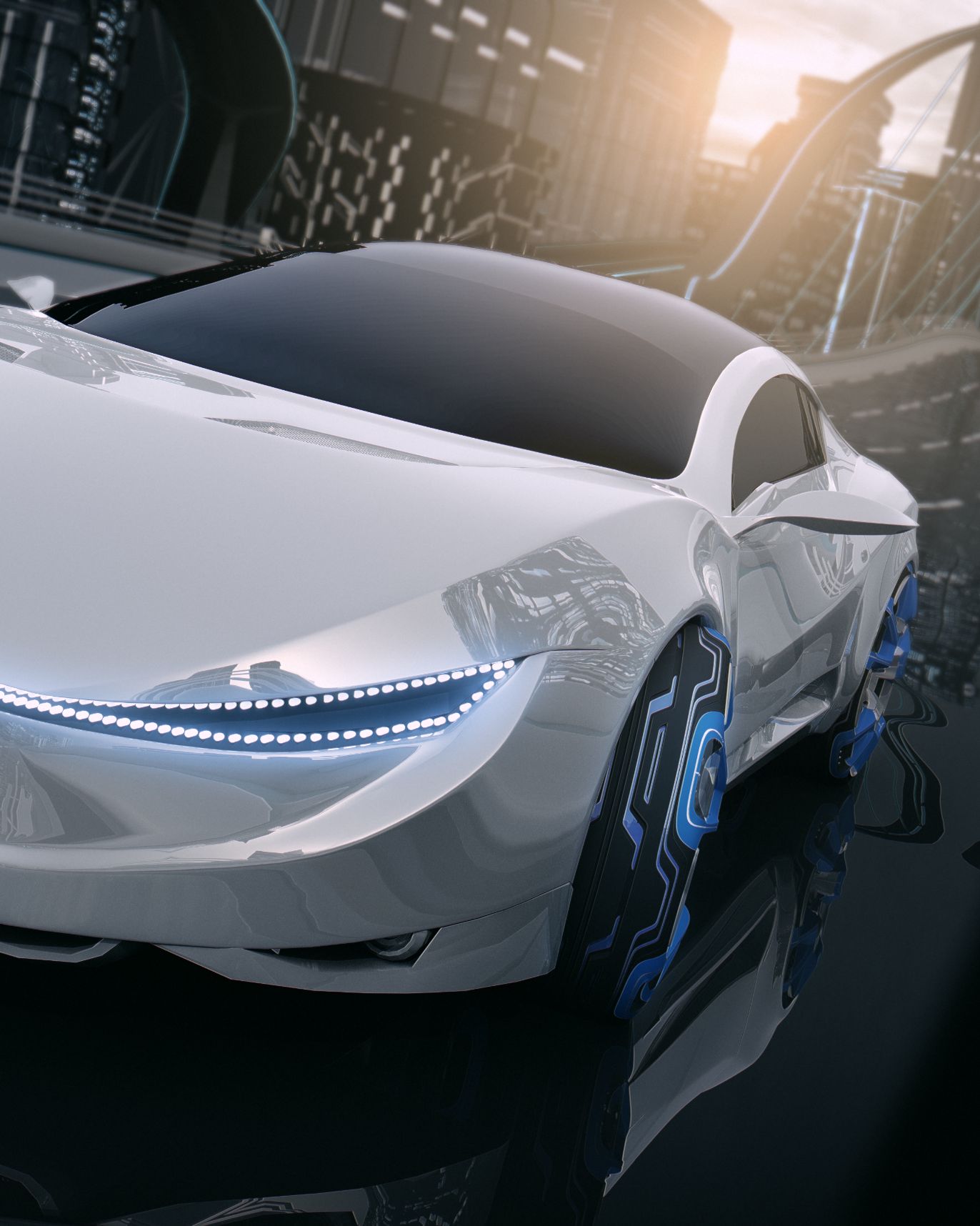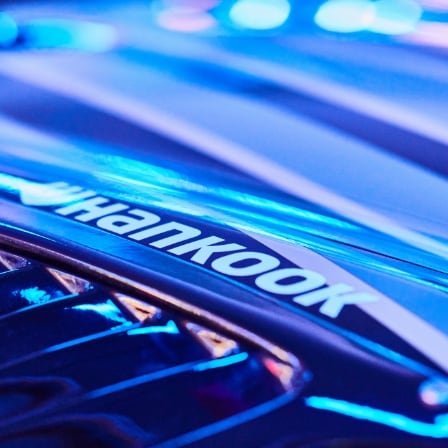Almost all automakers on the planet are promoting electrification as their most crucial goal of mid-to-long term roadmaps. At one point, internal combustion engines and electric motors were expected to maintain their parallel status for a while, like "two families under one roof." However, unlike the speculation of a decade ago, EVs rapidly push internal combustion engines into the past. In other words, the automobile paradigm has transformed.
The tire is the most critical factor for driving, rolling, and coming to a complete stop. It is common sense that there are differences between the comfort tires and sport tires, depending on the vehicle type and environment. The effectiveness of all-season tires and winter tires differs by context, and urban tires and off-road tires work differently in changing environments, even when installed on the same SUV. EV drivers who experienced these coming trends before anybody else agree that dedicated EV tires are now essential.
EV Tires, Standing at the Inflection Point



















